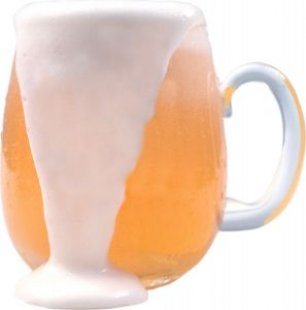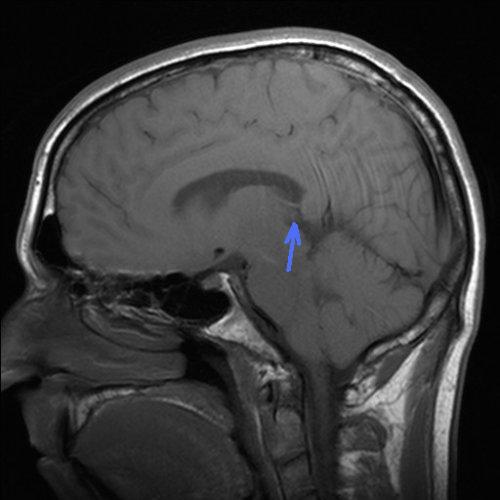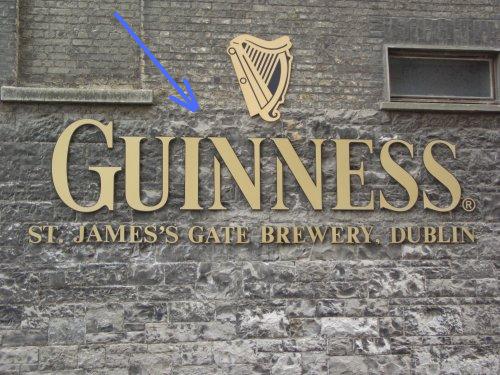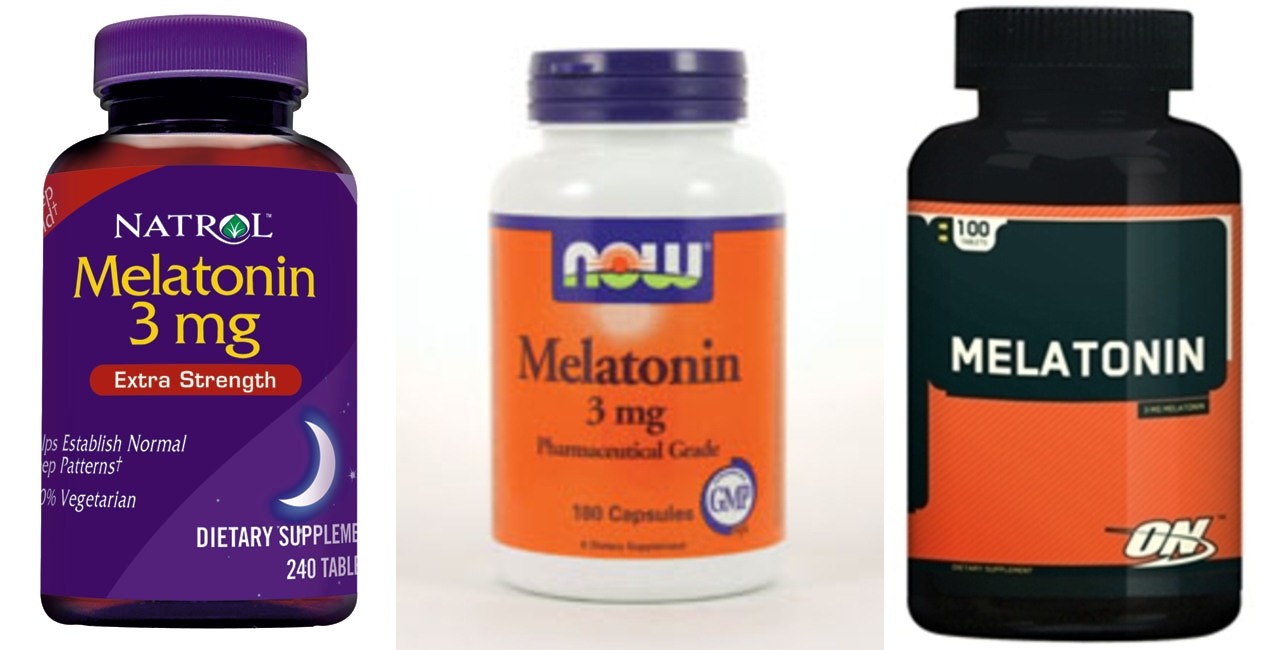Best Reason Yet To Drink Beer

Beer lovers rejoice!
A soon-to-be-published study conducted at the University of Seville in Spain is bound to attract the attention of the beer industry and beer lovers worldwide.
Up until now the words “beer” and “melatonin” were rarely, if ever, mentioned in the same sentence. They have nothing in common, and no relationship to each other. Or do they?

Melatonin is produced by the pineal gland, location indicated by blue arrow.
Melatonin is a hormone produced by the brain’s pineal gland, and is also widely sold and used as a dietary supplement. In the body, melatonin actually functions as both a regulatory hormone and a powerful antioxidant. Most people use their melatonin supplements to support consistent sound sleep. But melatonin is also part of most anti-aging protocols, where it’s used alongside other antioxidants (alpha lipoic acid, resveratrol, etc.) and hormone supplements (DHEA, progesterone, etc.).
And beer is…well, beer is beer.
Well it turns out that most beer contains significant amounts of melatonin, among other antioxidants. According to the beer-melatonin study, the amount varies in proportion to the alcohol content but there is enough present for the authors to conclude that “Melatonin present in the beer does contribute to the total antioxidative capability of human serum and moderate beer consumption can protect organism from overall oxidative stress.”
Great news for beer lovers, and possibly a big boon to breweries worldwide. Of course, you don’t have to drink beer to get melatonin. You can just use a melatonin supplement.

Melatonin supplements are very inexpensive, effective and safe to use. But you don’t want to use them, or think of them like sleeping pills – they don’t work like that.
Whereas sleep meds and herbs like kava induce a state of deep relaxation, melatonin only induces a very mild drowsiness. Melatonin’s real benefit to sleep is helping you re-establish a regular, solid sleep cycle, where you’re falling asleep at the same time, remaining asleep and then waking at a usual time.
That’s the ideal sleep cycle, but that’s not going to happen in one or two nights, whether you use melatonin or anything else.
So use melatonin supplements on a consistent nightly basis, for at least 4 weeks to get a sense of what they do. They’re easy to take, very small capsules or lozenges or chewables. If it’s the first time you’re using melatonin, use the lozenges or chewables 30-45 minutes before bedtime. Your sleep will become progressively sounder, more regular and restorative.
The dose is the only tricky thing with melatonin supplements. Melatonin has extremely low toxicity, so there’s no real anger of overdose, but taking much more than you need can leave you feeling groggy the next morning. That’s why you need to experiment over time and try to find your ideal dose, which varies a lot from person to person.
A good dosing rule of thumb for starting melatonin is 1 mg per decade of age (3 mg = 30’s, 4 mg = 40’s, etc.). Adjust the dose upward or downward once per each week in 1 mg increments and you’ll see which dose works best. If you don’t get good effects at 6 mg, you may be one of the people who respond the very low dose melatonin, 500 mcg – 1mg.
If this seems like a lot of trouble, consider how important sleep is to overall health and energy levels. Once you zero in on your ideal dose, which will only take a few weeks, melatonin will make your sleep progressively sounder, more regular and restorative.
- Posted in Miscellaneous
- No Comments




